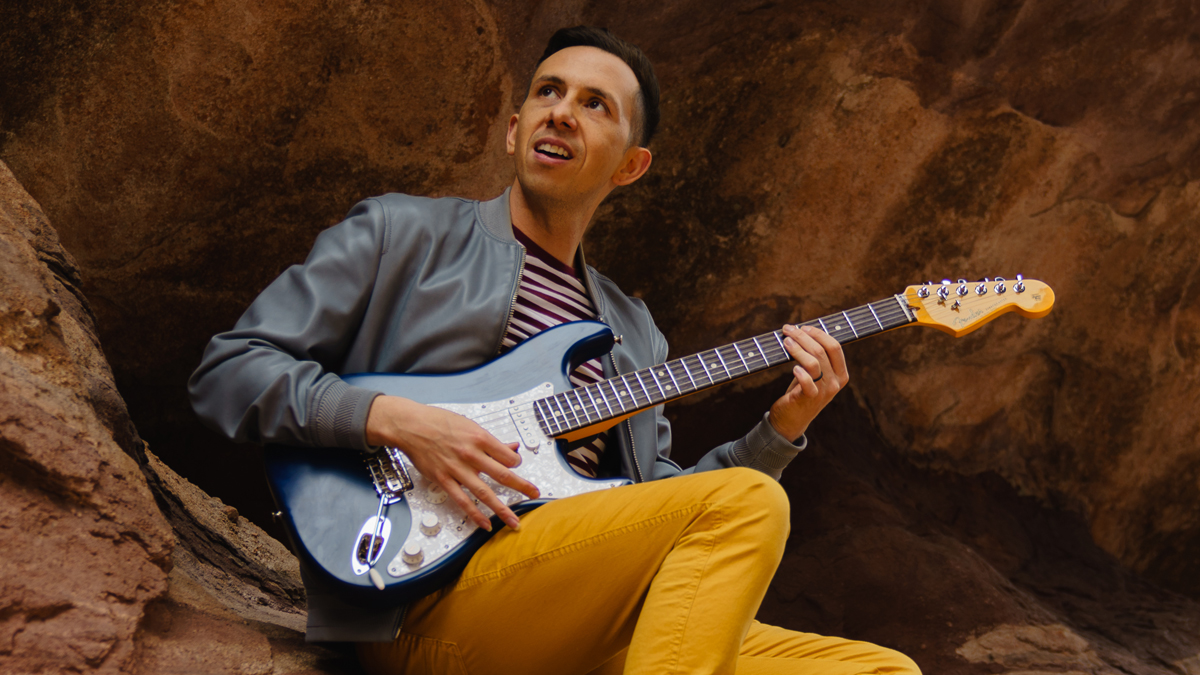Dispelling the Myth of Being Self-Taught
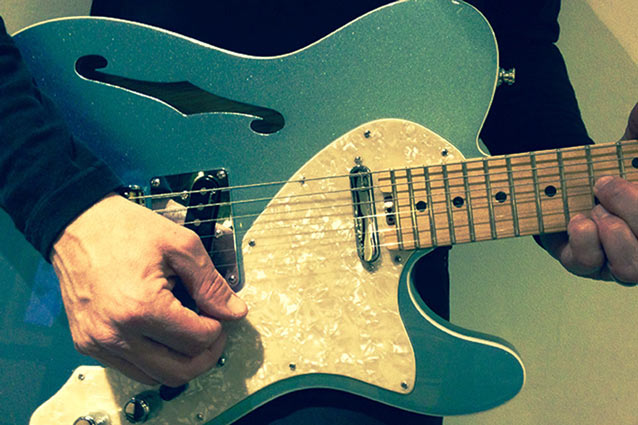
Here's a topic that is often discussed in music circles: the pros and cons of being a self-taught musician.
There's a certain level of pride many musicians feel when they claim they are self-taught, and I can understand why. They get a kick out of the fact that, by not taking “lessons,” they discovered the ins and outs of playing an instrument on their own time, their own way, through their own skills.
On the surface, this seems to make sense, but I don’t buy it. Right off the bat, the topic is silly since I don't think anyone is self-taught.
Let me explain. If you think about it, a self-taught musician would have his or her own way of tuning and holding the instrument. He or she would play unique scales and have their sense of meter. They wouldn't even know how to pluck the strings or how to string a guitar so that chord patters and scales can fall into place. In a nutshell, we all learned it from somewhere. It could be from a video, a friend, a music school or a combination of several outlets.
Even if you saw someone strum a guitar and learned a few chords on the spot, you initially got them from somewhere. Even listening to music can help you learn about rhythm, melody and song construction. If you really were self-taught, your guitar playing would make Jimi Hendrix sound like a Julliard professor. Think about this. This is great news. By knowing this, you could open up the previously shut doors to the idea of studying your instrument with great teachers.
The point is, if you're going to pick it up from somewhere, you might as well go to a great source. Allow the teacher (private or at a school) to guide you, bring out your strengths, save you time and accelerate your playing. Will studying with a teacher or being formally trained stifle your creativity? Not from my experience.
Think of it this way: Imagine you decide to brush up on your English. You study it from a reputable source and become great at it. You learn new words, new ways to put together sentences, etc. Can you still forget it all and talk like a caveman if you want to? You sure can. This is always your choice.
No one is going to pull words out of your brain. Would it make it easier to know several ways to express a thought with the new words you've learned? Of course it would. By learning more, you have more choices, not to mention possibilities you didn't know existed. This is what learning about music theory (and how music works) is all about.
Even if you refuse to learn music theory, merely studying with a teacher or jamming with someone better than you will open many doors. A new riff you picked up from someone can inspire you to write the greatest song of your life. What you do with it is completely up to you. The idea is to take new information and suck out the juice that is applicable to the way you want to play the instrument. When you do that, the new information is super valuable.
Don’t close your eyes to new info and ways to absorb it. Embrace it. The rest is up to you.
Polish-born Metal Mike Chlasciak has recorded or performed with heavy metal greats Rob Halford, Sebastian Bach, Bruce Dickinson and Axl Rose. Mike is the long-time guitarist for Judas Priest frontman Rob Halford's solo endeavor, Halford. Mike's new album, The Metalworker, is available at metalmike.net. For more info, check out his official website and visit him on Twitter.
Check out Metal Mike's guitar lessons, camps, workshops and more at MetalHeroesAcademy.com.
Get The Pick Newsletter
All the latest guitar news, interviews, lessons, reviews, deals and more, direct to your inbox!
“There are so many sounds to be discovered when you get away from using a pick”: Jared James Nichols shows you how to add “snap, crackle and pop” to your playing with banjo rolls and string snaps
Don't let chord inversions bamboozle you. It's simply the case of shuffling the notes around

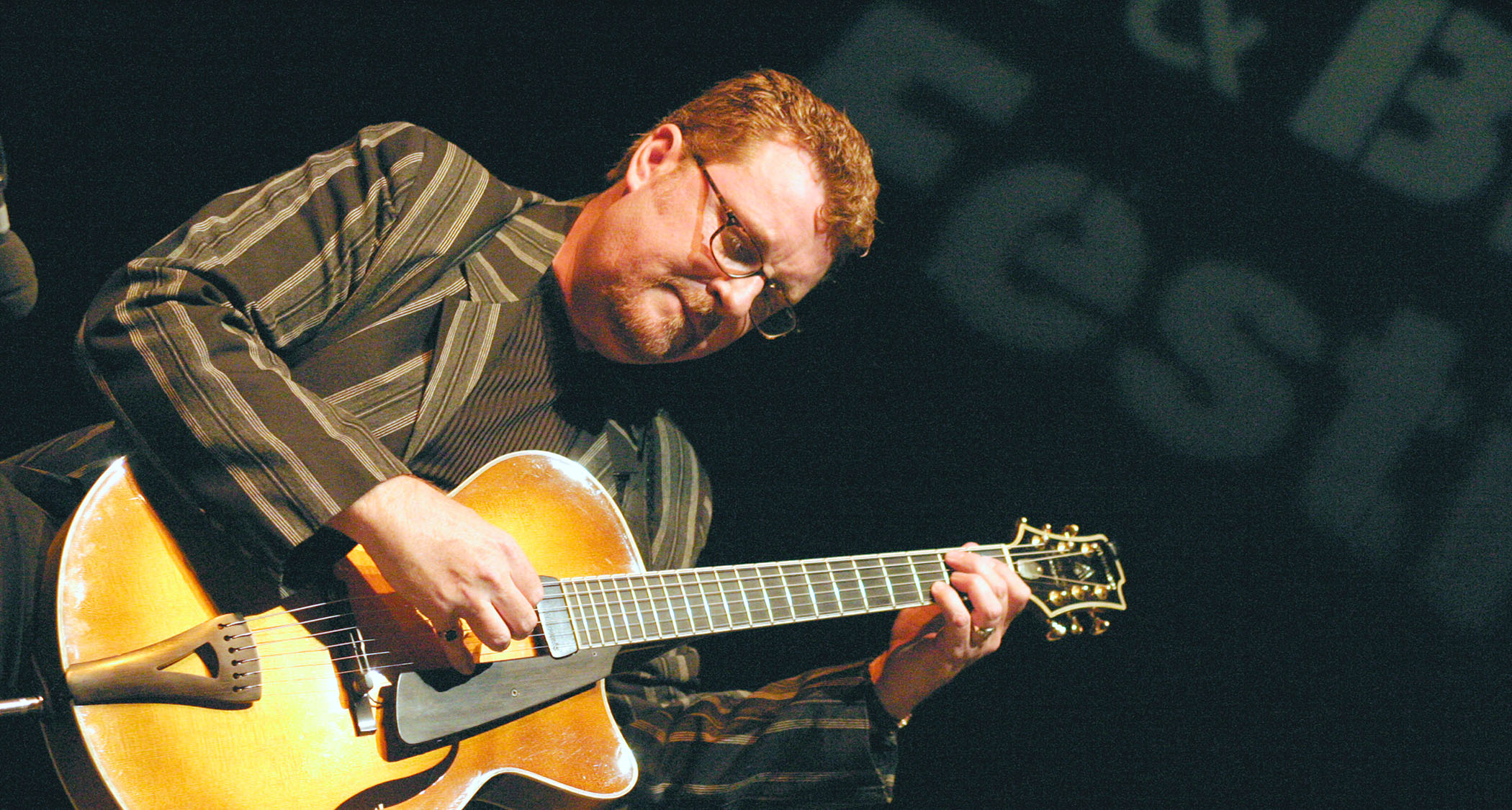

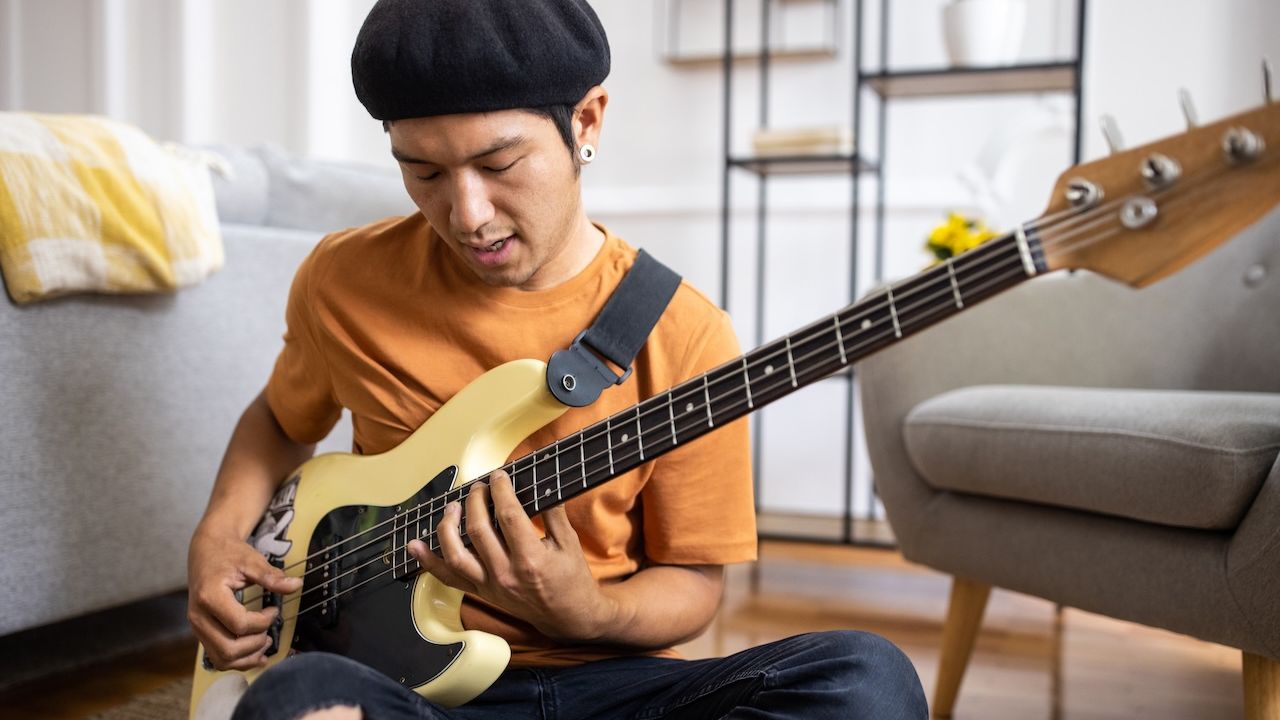


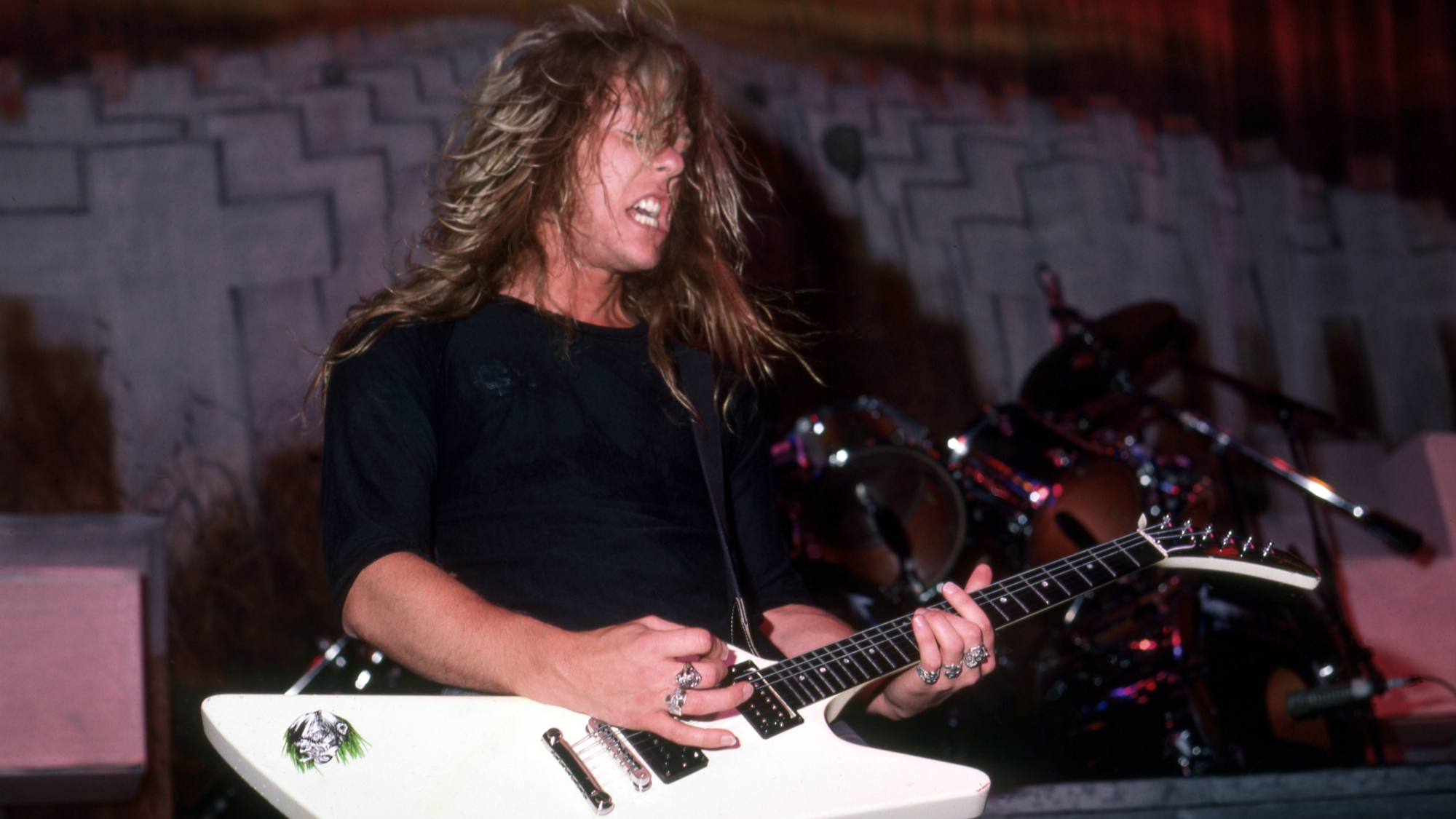
![Joe Bonamassa [left] wears a deep blue suit and polka-dotted shirt and plays his green refin Strat; the late Irish blues legend Rory Gallagher [right] screams and inflicts some punishment on his heavily worn number one Stratocaster.](https://cdn.mos.cms.futurecdn.net/cw28h7UBcTVfTLs7p7eiLe.jpg)
